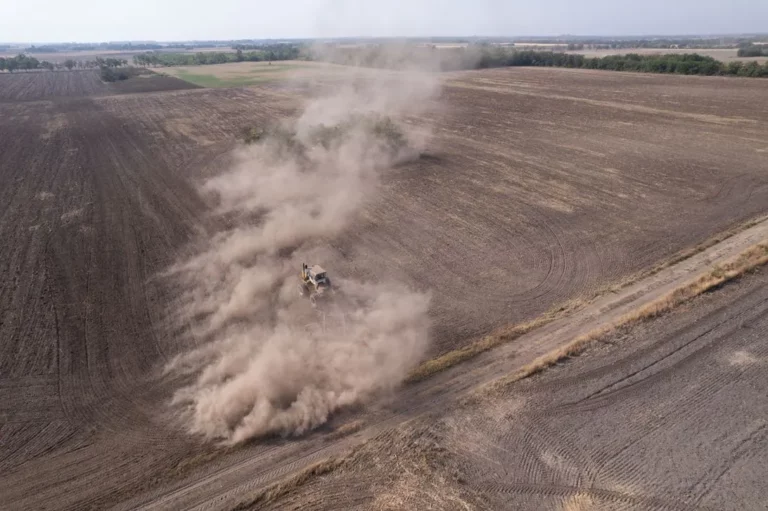Hungarian agriculture
Extreme heat with record-breaking temperatures and red alert expected, but Budapest’s unique free beach will also open!

Hungarian agriculture minister meets with Chinese counterpart in Beijing

Ministry promotes premium Hungarian honey, mangalica pork at Expo 2025 Osaka

Museum of Agriculture to move from Budapest

Hungary’s strategic sector in great need of diligent guest workers, but the anti-guest worker campaign continues

Hungary maintains ban on this European country’s products

EU expected to lift foot-and-mouth disease restrictions on Hungary soon

Hungary pushes for EU-wide vaccination programme

Hungary’s agriculture chamber afraid farmers will lose funds if Ukraine joins EU

Did Sikh or Indian guest workers bring a deadly virus into Hungary? Here are the first conclusions of an ongoing investigation

A desert-like area is forming in Central Hungary where tropical, subtropical plants are becoming dominant

Orbán cabinet: Ukraine’s accession would ‘jeopardise farmers’ livelihoods’

Great news! Hungary to be declared FMD-free on officially set date

Hungarian agriculture minister meets US charge d’affaires, calls for deeper bilateral cooperation

Hungarian farmers struggling to plant seeds in bone-dry soil; agriculture on the brink of collapse amid desert-like conditions

New disease outbreak in Szarvas, FMD caused HUF ten millions loss, says minister

Rising costs and labour shortages drive Hungarian agriculture to hire Filipino guest workers

New 10,000 km² European sand desert forming in Hungary: Over 620,000 lives at risk





 ZH
ZH IT
IT DE
DE HR
HR NL
NL FR
FR JA
JA RO
RO RU
RU ES
ES TR
TR
